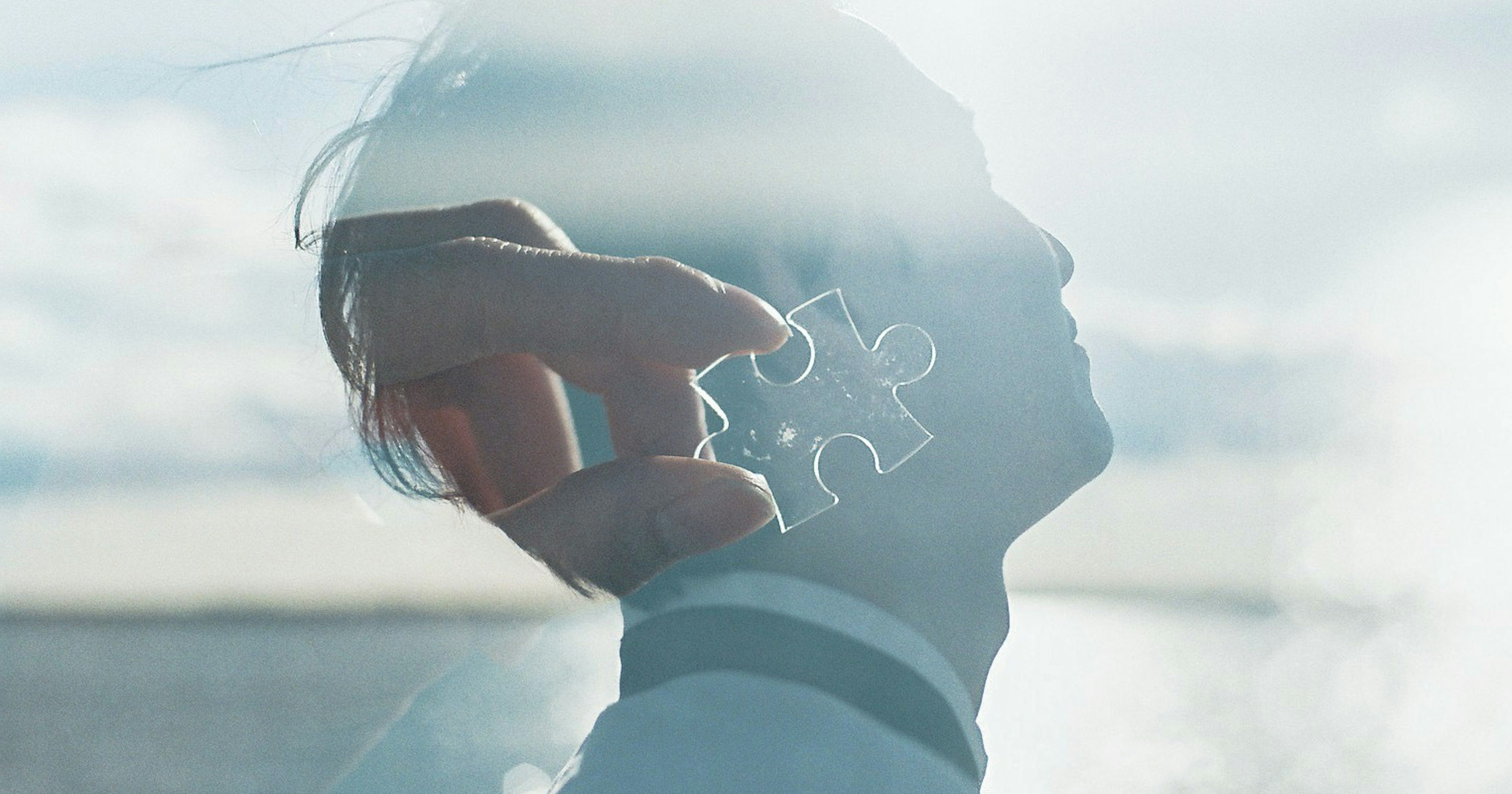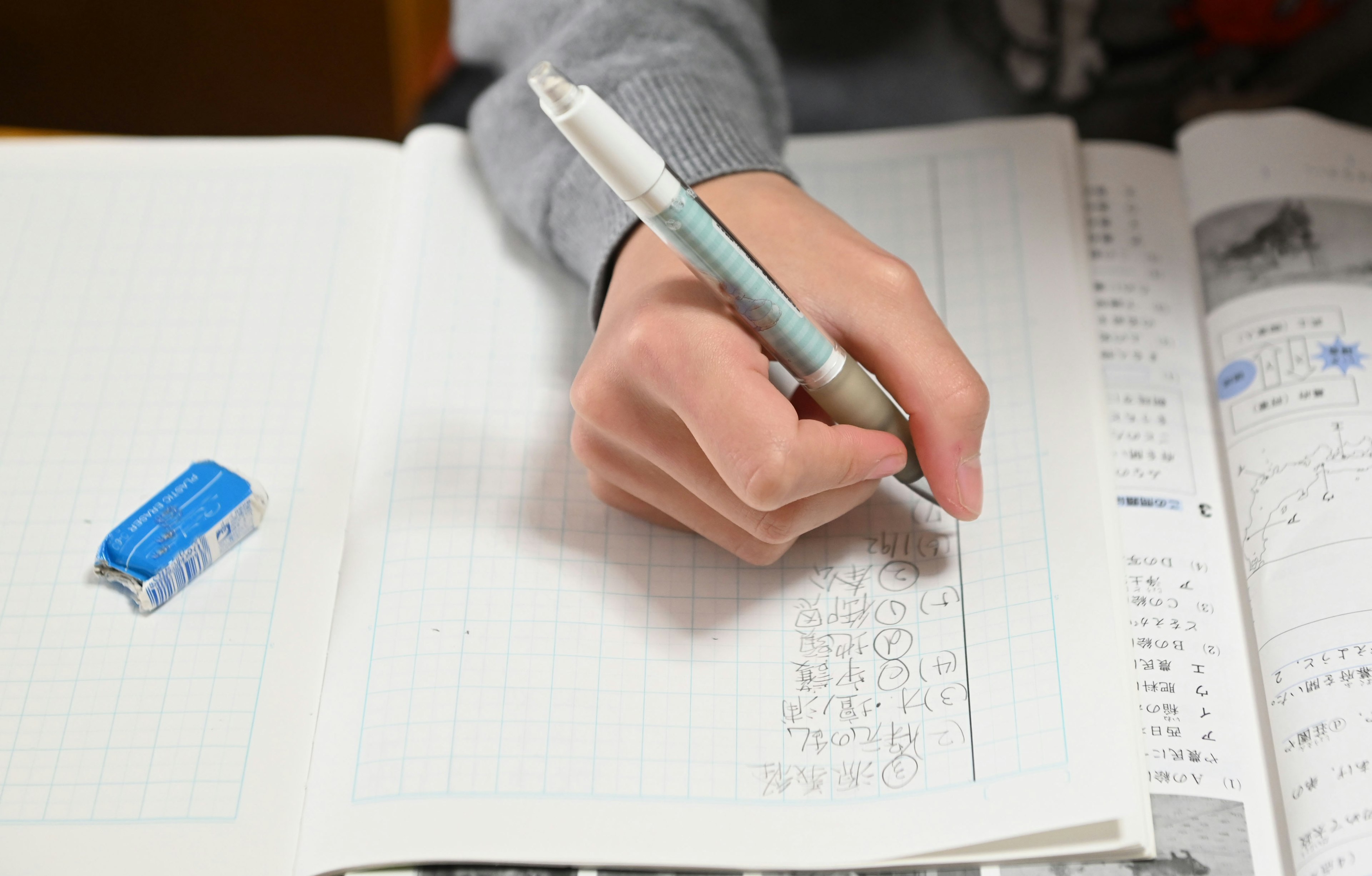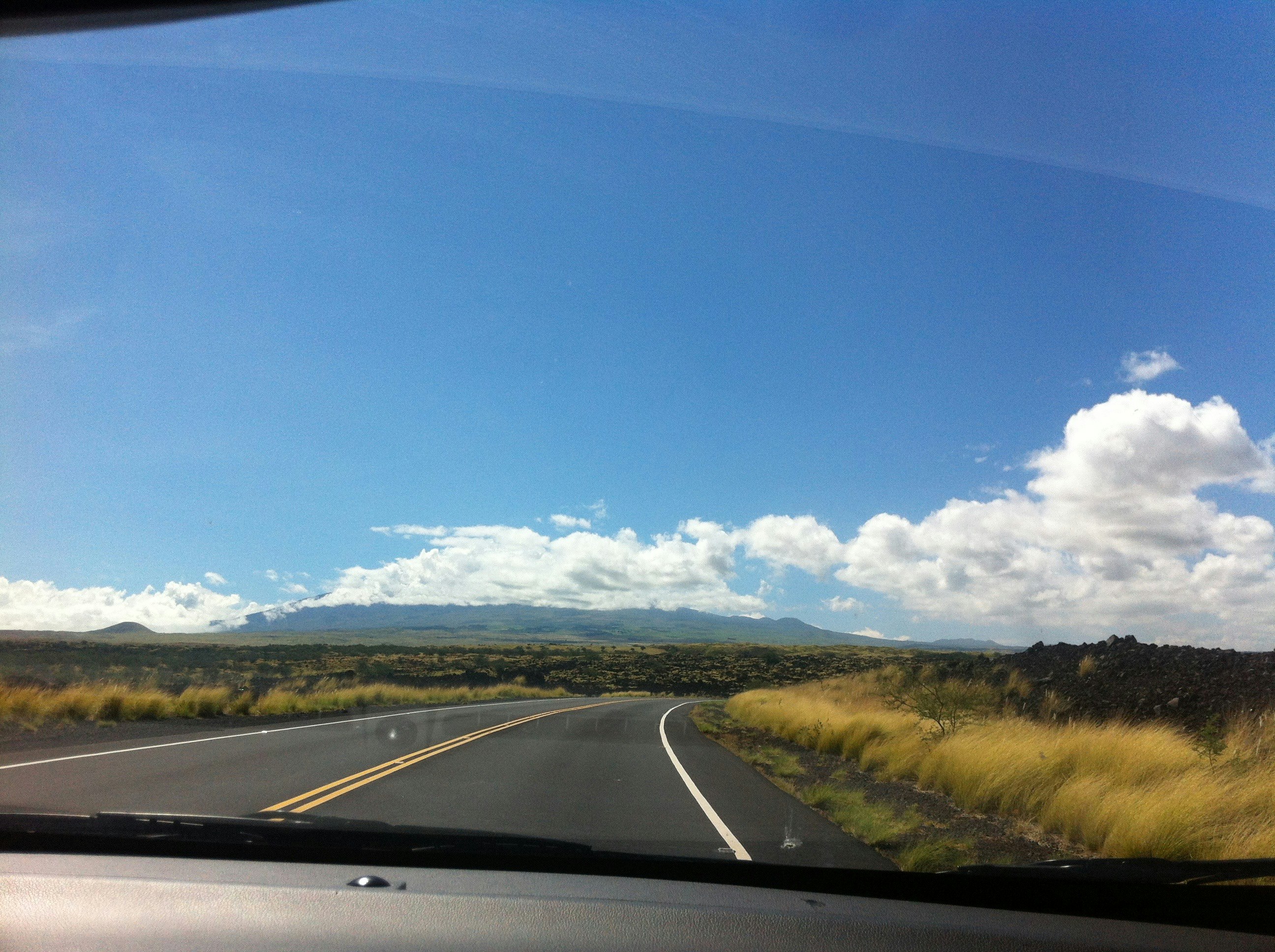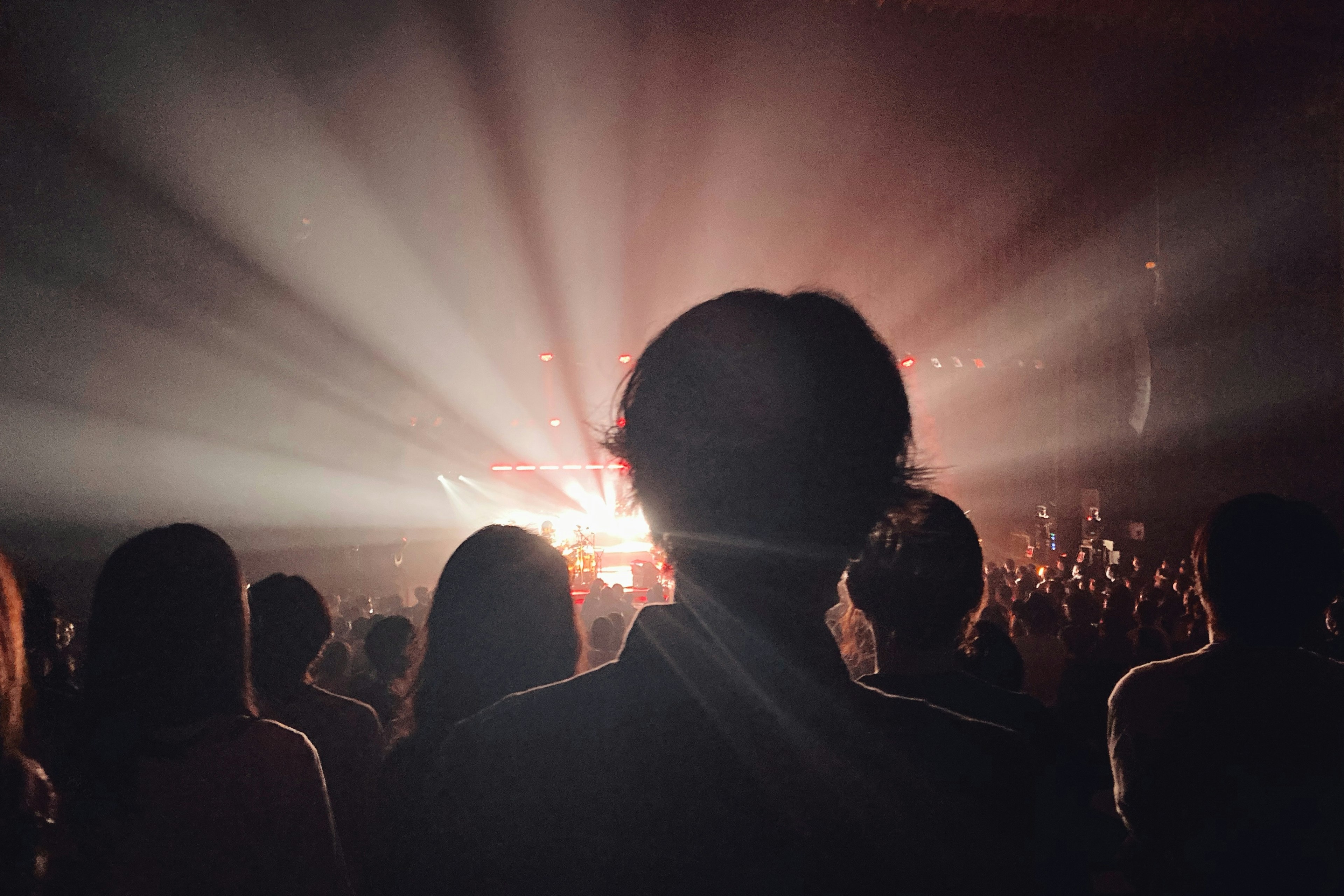
cover image by Rui
Have you ever taken a photo as a memo?
Quickly snapping a picture with your smartphone as a note to look back on later, or capturing a moment to preserve a memory. Taking photos has become a natural habit for recording our lives.

Image by DragonOne
However, psychological research suggests that this seemingly ordinary habit might negatively impact our memory. This is where the phenomenon known as the 'photo-taking impairment effect' comes into play.
Does Photography Aid or Hinder Memory?
Photography is widely used as a means to record moments. However, research by psychologist Linda Henkel from Fairfield University revealed that visitors who took photos of exhibits in a museum remembered fewer details than those who did not take photos.

Image by 住吉音香
Linda Henkel noted, 'People often pull out their cameras and snap away without much thought, missing out on what is happening right in front of them.' This suggests that photography might actually hinder the process of deeply understanding and preserving memories.
What is the Photo-Taking Impairment Effect?
According to Henkel, the 'photo-taking impairment effect' is a phenomenon resulting from our reliance on technology. This reliance reduces our need to actively engage with experiences, lowering the quality of the experience and making it harder to remember.
How to Preserve Unforgettable Memories
To enhance memorable experiences, it is important to consciously limit the frequency of taking photos and focus on the present moment. Henkel compares the 'mind's eye' to the 'camera's eye', suggesting that while photos can aid memory, excessive photography can reduce the opportunity to fully enjoy and reflect on experiences.

Image by yNAK
So, how can we maintain the right balance in photography?
When traveling, first immerse yourself in the atmosphere using all your senses, then capture the scenes you wish to remember. Combining the context created by your senses with photos can help preserve a memorable image.
Finding a good balance between photography and real-life experiences seems to be the key to preserving valuable memories. Why not take this opportunity to reassess your daily photography habits and create unforgettable memories?



